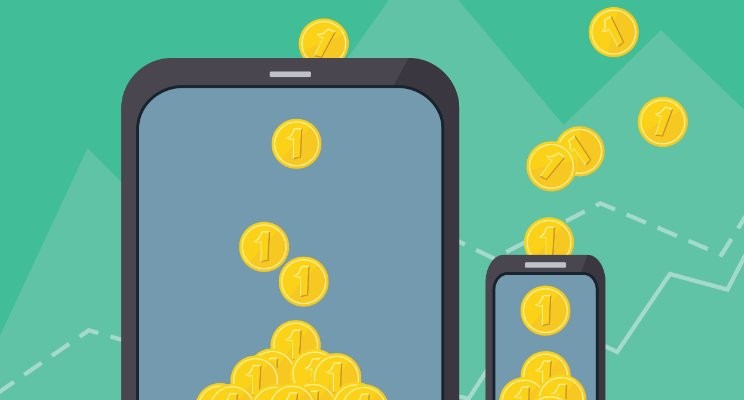If you like playing mobile games, or any online games at all, you must have already noticed how the view of gaming has been changing for a while. In contrast to what has been available before – all games are behind the paywall, subscription-based, and so on – today, many games are free to install and play.
Some players grow really suspicious about that. Why would a game that costs money to develop and requires knowledge, skill, and effort, be offered for free? Is that a scam? What is the catch? Is it even safe to install a free game?
There is no catch, unless you download a random game from a random website. Online gaming has long gone freemium, with only a few exceptions. So if you are after a good game, you don’t have to pay upfront for it anymore. And yet, as always, there are nuances to be aware of.
The Concept of Freemium

If you are new to the concept of freemium, there is a very simple example to explain the difference. When you play a one-time payment game, a subscription-based game, or a real-money game at the $5 deposit casino, you are expected to lay your money on the table as the first move. And only then you can have your game.
Of course, there are free trials, and of course, there are demo versions that are free to access but the full-fledged experience is still hidden behind the paywall.
Freemium games? The model is completely different.
You can install and play a freemium game without paying for it at the very beginning, or even without paying for it at all. If you download from reliable sources, check the privacy policies and data collection policies, and only get games with decent ratings, you will be completely fine in terms of data safety and game quality.
So, the point of the freemium is to offer the game for free but provide opportunities for the player to pay. For example, if the game publisher makes its game ad-based, the third party that orders an ad integration pays the publisher while the player pays nothing. All they are expected to do is just to tolerate the ads.
Then, the game publisher may take things a little bit further and offer you the option of paying for the ad-free game version. You are not forced to pay, you are not obliged to but you can choose to if you get tired of the ads.
If that doesn’t work, the game publisher may try to offer you extra in-game content for a price. In case you want to get an exclusive skin, feature, character, or extra in-game currency, you may choose to pay for the product you want. But again, you are not forced to. So, the game is for free but premium content comes for money. This is why it is called freemium.
How Do Games Make Money Then?

Okay, but what if I choose not to pay, you may ask?
Well, most of the time, players choose to pay eventually. Very few players can last long enough and this is because of some manipulative practices game publishers use in their marketing.
The point is, if the free game version is good enough, only a few players will be willing to pay consciously to support their favorite game studio. To be honest, this is more likely the case with popular video games that many people enjoy on a regular basis. If the game is unbelievably good, people willingly choose to pay the developers to keep the game up and running, bug-free, and updated.
For casual mobile games, however, the story is somewhat different. If the game is good enough, people will prefer to play it completely for free. So, publishers integrate ads that are pretty annoying and interruptive but the company that orders the ads pays for it. So, if the player is ready to tolerate the inconvenience of the ad they can play for free as long as they wish.
An example of ad-based games is about “negative encouragement” where the player pays to get rid of the annoying factor of ads. With extra content, this is more about “positive encouragement”, when the player pays to get more fun. Publishers offer in-game purchases, like skins, currency, gems, weapons, characters, and extra levels or missions, to lure the players and make them pay.
Is it a bit manipulative?
Yes, it is but otherwise, there would be no studios to develop games, and no mobile games to play. Studios have to make money somehow, and currently, the freemium game model seems to be an innovation that works best, both for the publisher and the player.








